Engineering Due Diligence Workshop
The learning method at the R2A-EEA public workshops follows a form of the Socratic ‘dialogue’. Typical risk issues and the reasons for their manifestation are articulated and exemplar solutions presented for consideration. The resulting discussion is found to be the best part for participants as they consider how such approaches might be used in their own organisation or projects.
Current risk issues of concern and exemplar solutions include:
- Project schedule and cost overruns. This is much to do with the over-reliance on Monte Carlo simulations and the Risk Management Standard which logically and necessarily overlook potential project show-stoppers. A proven solution using military intelligence techniques will be provided. This has never failed in 20 years with projects up to $2.5b.
- Inconsistencies between the Risk Management Standard and due diligence requirements in legislation, particularly the model WHS Act. A tested solution that integrates the two is presented, as is now being implemented by many major Australian and New Zealand organisations.
- Compliance ≠ due diligence. Solutions to avoid over reliance on legal compliance as an attempt to demonstrate due diligence are provided.
- SFAIRP v ALARP debate. Model solutions presented (if relevant to participants) including marine and air pilotage, seaport and airport design (airspace and public safety zones), power distribution, roads, rail, tunnels and water supply.
Participants are also encouraged to raise issues of concern. To enable open discussion and explore possible solutions, the Chatham House Rule applies to participants’ remarks meaning everyone is free to use the information received without revealing the identity or affiliation of the speaker.
Remaining dates for 2017 are:
Perth 21 & 22 JuneBrisbane 23 & 24 AugustWellington 5 & 6 SeptemberMelbourne 25 & 26 October
